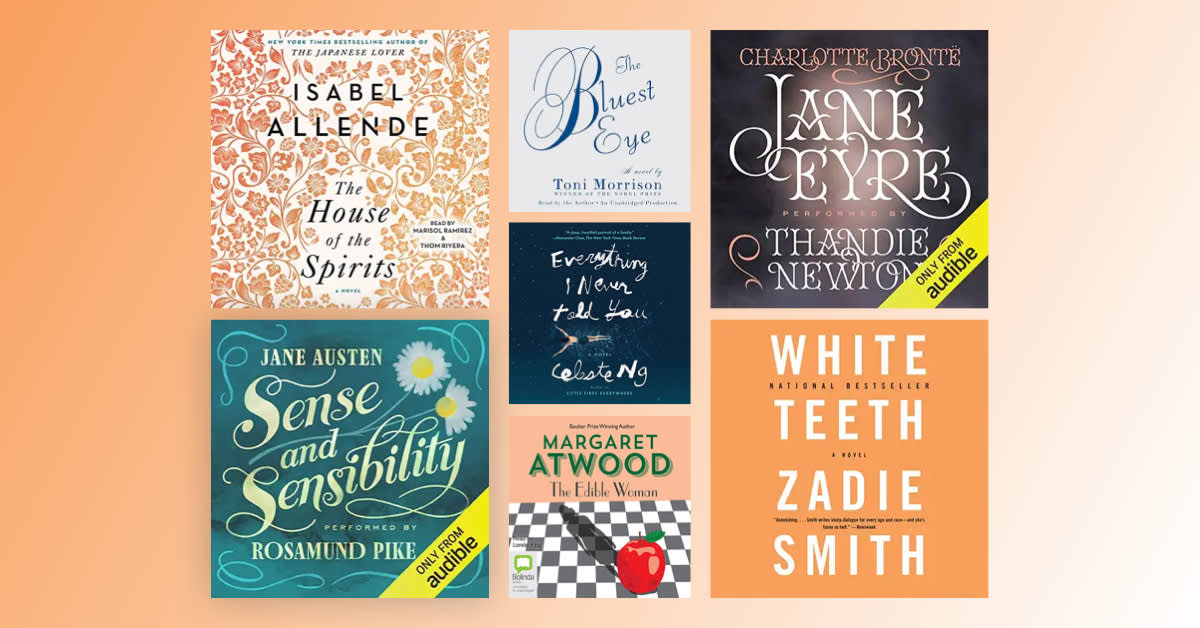was a renowned Black author who wrote in, and arguably revolutionized, the science fiction genre. Her body of work, including such acclaimed novels as and , is lauded for its trenchant social commentary and continued pertinence well beyond its original publication.
Butler’s self-penned author description in an early edition of Parable of the Sower gives us a great picture of the person she was: “Who am I? I am a forty-seven-year-old writer who can remember being a ten-year-old writer and who expects someday to be an eighty-year-old writer. I am also comfortably asocial, a hermit in the middle of Los Angeles. A pessimist if I’m not careful, a feminist, a Black, a former Baptist, an oil and water combination of ambition, laziness, insecurity, certainty, and drive.”
Not only can we take Butler’s words at face value to understand her devotion to writing and her personality and beliefs, but we can also see the sharpness and incisiveness—even in this small sample paragraph—that characterizes her work.
Octavia Butler's Early Life and Career
Octavia Estelle Butler was born in Pasadena, California, on June 22, 1947. Her parents were Octavia M. Guy and Laurice Butler, though her father passed away when she was a young girl. Raised by a working mother, Butler witnessed from a young age the quiet heroism of survival, as her mother endured cruel treatment from white employers whose homes she cleaned. Though she may not have understood the grace and courage of this as a child, these events certainly inspired Butler’s worldview and writing later on.
A shy child, Butler spent much of her time reading at the Pasadena Central Library, where she eventually gained an interest in science fiction in particular. As she mentioned in many interviews, she was moved to begin writing science fiction after seeing the movie Devil from Mars when she was 12 and deciding she could come up with a better story. What resulted was the beginnings of a story that would later become the foundation for her .
Despite being told by her aunt that Black people could not become writers, Butler persisted in pursuing her dream, continuing to write through junior high, high school, and beyond. Butler attended Pasadena City College, where she won a school-wide short story contest as a freshman. It was also at PCC that the seed for a story, which would eventually become her novel Kindred, was planted in Butler’s mind. A classmate who was actively involved in the Black Power Movement was very vocal in criticizing older Black generations for being silent and submitting to white people in power. This led Butler to think back on her mother and the choice she made to bear through persecution in order to raise her daughter and survive.









